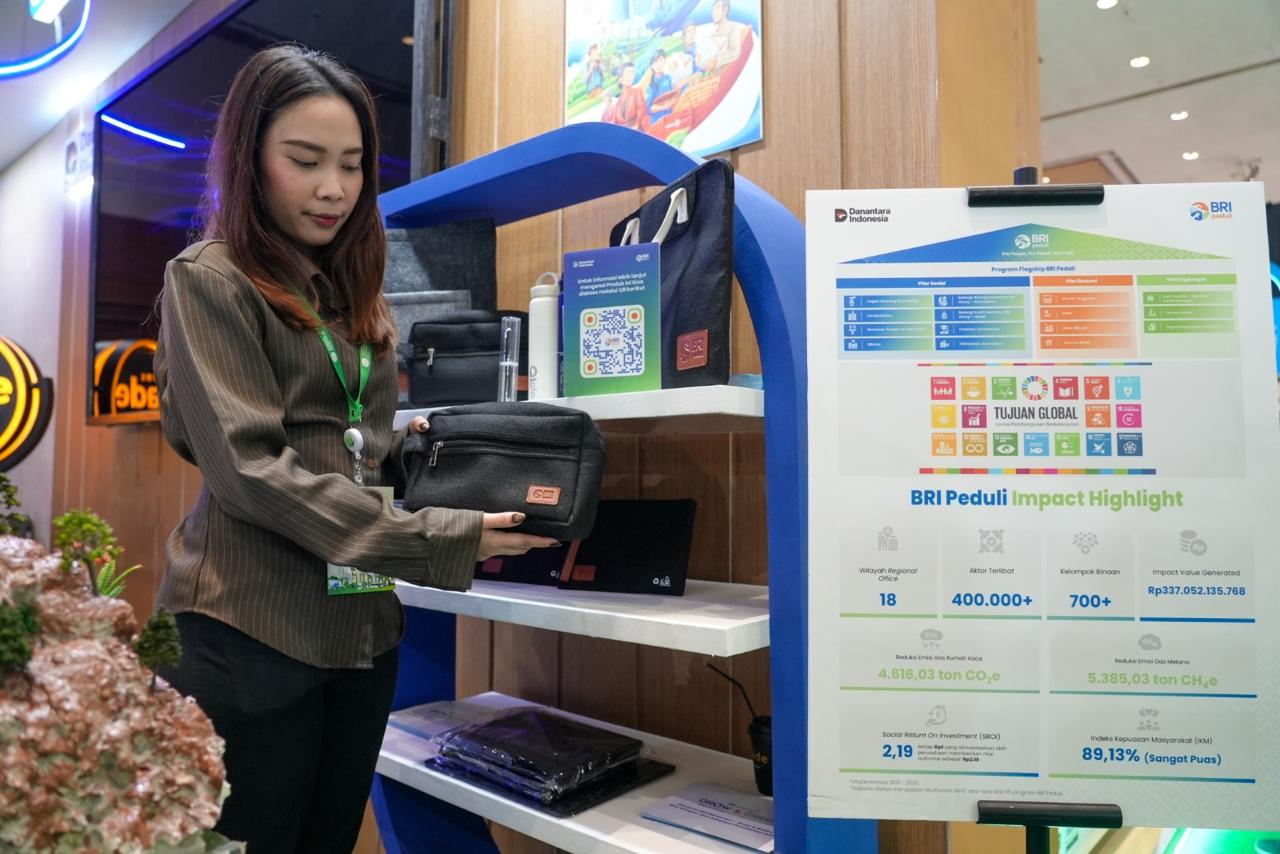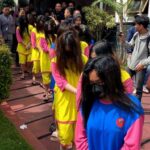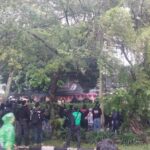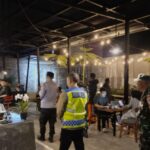PT Bank Rakyat Indonesia (Persero) Tbk, or BRI, continues to affirm its role in the sustainable finance ecosystem through its participation in the Indonesia International Sustainability Forum (ISF) 2025, held at the Jakarta International Convention Center (JICC).
BRI’s participation in this forum is a tangible manifestation of the company’s commitment to comprehensively implementing sustainability principles, both at the level of business operations and in the social community sphere. Through the implementation of its Social and Environmental Responsibility program, packaged under the umbrella of BRI Peduli, the company continues to expand its positive contributions to social, economic, and environmental aspects.
It was explained that the implementation of BRI’s Social and Environmental Responsibility is carried out in a targeted and measurable manner to ensure that every program provides sustainable benefits for the community. The focus of its implementation is directed towards community empowerment to have competitiveness and economic independence, while also encouraging the creation of inclusive and environmentally conscious growth.
“BRI ensures that the implementation of its Social and Environmental Responsibility is carried out consistently and delivers real impact, in line with national development priorities and the company’s commitment to creating sustainable value for all stakeholders,” the statement said.
As is known, since its introduction in 2013, BRI Peduli has become the main channel for the company’s Social and Environmental Responsibility implementation, based on the principles of Creating Shared Value (CSV) and the 3P concept: Pro People, Pro Planet, and Pro Profit. This approach ensures that every sustainability activity brings tangible benefits to society, the environment, and the national economy.
In its implementation, BRI Peduli positions sustainability as a collective, cross-sectoral movement. In the social field, BRI is committed to improving the quality of life of the community through various initiatives such as “Preventing Stunting is Important,” “This is My School,” and “Fellowship Journalism,” which expand access to education and public literacy, as well as through scholarship programs like the “Creation Scholarship,” which has reached hundreds of high-achieving students across Indonesia.
On the economic front, BRI strengthens community competitiveness and independence through programs like Desa BRILiaN, Rumah BUMN, AURA (Aspire to Uplift, Revive, and Achieve), and Klaster Unggulan, which focus on empowering MSMEs, women entrepreneurs, and local business innovation. As of September 2025, Rumah BUMN had facilitated 12,883 MSMEs, while Desa BRILiaN supported the development of 33 leading villages that serve as examples of green economic practices at the local level.
Commitment to the environment is realized through programs like the Waste Management Movement (GAS), Taman Kehati, and “Guard the River, Guard Life,” which promote conservation and sustainable climate action. It is recorded that the “Yok Kita GAS” program has managed over 191,000 kilograms of organic and inorganic waste, while “Guard the River, Guard Life” has successfully cleaned thousands of meters of rivers in various regions of Indonesia.
“Moving forward, BRI will continue to strengthen its sustainability commitment by ensuring that every BRI Peduli initiative runs consistently and provides long-term benefits. Through an integrated approach combining social, economic, and environmental aspects, BRI strives to deliver growth that is oriented not only towards profit but also towards community welfare and environmental preservation,” the statement concluded.
Jakarta International Convention Center (JICC)
BRI Peduli
Preventing Stunting is Important
This is My School
Therefore, it does not have a shared public history to summarize.






